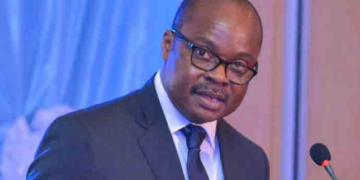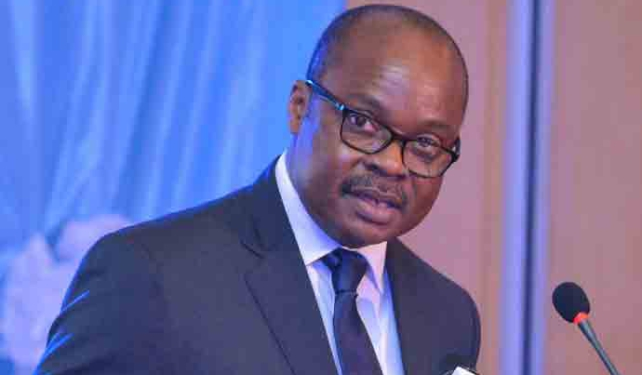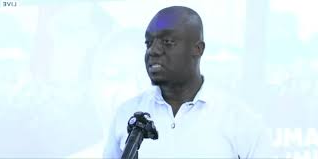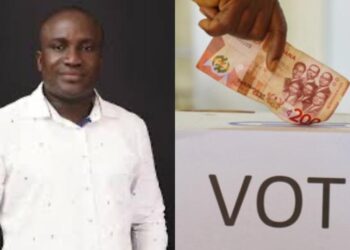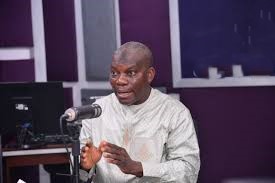Dr. Ernest Addison, the Governor of the Bank of Ghana (BoG), has firmly refuted demands for his resignation emanating from the opposition National Democratic Congress (NDC) and the Minority caucus in the nation’s Parliament.
In an exclusive interview with Central Banking, a prominent international business publication, Dr. Addison declared his intention to remain in his position, dismissing the call for his resignation as “completely unnecessary.”
He also criticized the recent #OccupyBoGProtest organized by the NDC, characterizing it as a form of hooliganism and asserting that the parliamentary minority possesses ample civilized avenues to voice their concerns.
“The Minority in parliament have many channels to channel their grievances in civilised societies, not through demonstrations in the streets as hooligans,” Addison added in reference to the #OccupyBoGProtest.
The protest, which took place on Tuesday, was orchestrated by the NDC to protest what they perceive as an economic crisis caused by what they deem as poor monetary policies implemented by the BoG.
Addison also rejected the claims by the Minority that he printed money to finance the lavish lifestyle of the ruling government.
According to him, the BoG provided monetary financing during 2020 and 2022, to meet specific crises which he says is legal under the central bank law.
The Central Bank posted losses totalling GHC60.81 billion for the 2022 financial year as against a profit of GHC1.23 billion recorded in 2021.
The losses were a result of the government’s domestic debt restructuring activities and the depreciation of the cedi, among other effects.
Regarding the central bank’s 2022 losses, Addison told Central Banking: “The impairment of the bank’s holdings of debt which led to the losses was a conditionality for the IMF programme. Nobody at the Bank of Ghana forgave any debt.”
The governor also clarified that the BoG decided to start the new headquarters in 2019. This was “when the bank was profitable and appropriated some of its profits for the new headquarters,” he said. “It was not a decision taken during a crisis.”
